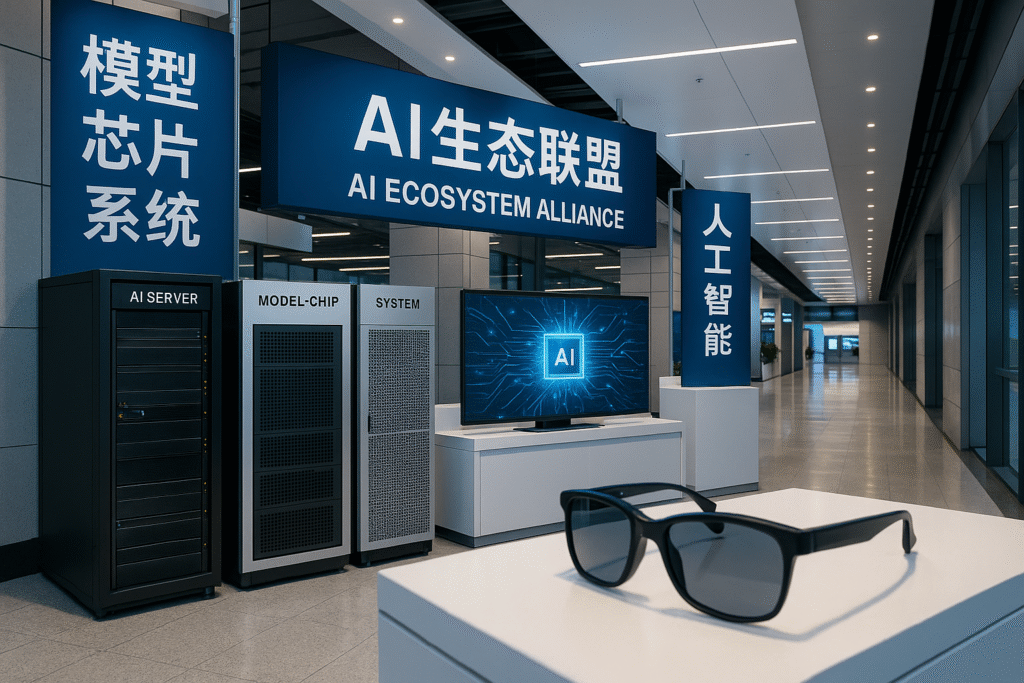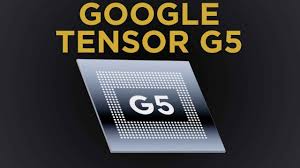Chinese artificial intelligence firms have launched two major industry alliances designed to reduce reliance on foreign chip and AI software providers. The move comes as U.S. export restrictions tighten access to advanced Nvidia processors. (Reuters)
The alliances were unveiled at the World Artificial Intelligence Conference in Shanghai, which showcased competitive offerings including a Huawei AI computing system said to rival the most advanced Nvidia hardware. The event also featured consumer-oriented AI glasses and other hardware innovations. (Reuters)
Building Domestic AI Self‑Sufficiency
The “Model‑Chip Ecosystem Innovation Alliance” unites leading Chinese entities working on large language models and AI chip manufacturing. Its aim is to build a full-stack domestic AI ecosystem. (Reuters)
A second alliance focuses on integrating AI solutions into national infrastructure, smart cities, healthcare, and educational platforms. Leaders emphasized reducing dependence on Western technology in key strategic sectors. (Reuters)
New Hardware and Consumer Products
At WAIC, Huawei debuted a new AI computing system that observers said competes with Nvidia’s higher-end offerings. Analysts believe the company could narrow the performance gap in the coming year. (Reuters)
Attendees also previewed consumer-grade AI glasses designed for real-time translation, virtual assistance, and on-device generative capabilities. Firms indicated increased consumer demand for locally built products. (Reuters)
Strategic Impacts and Global Tensions
The alliances highlight escalating geopolitical tensions as Western nations, led by the U.S., restrict access to advanced AI hardware and software. China’s push reflects a broader effort to enhance strategic autonomy. (Reuters)
Some analysts warn that the alliances may accelerate a technology bifurcation, with parallel AI innovation paths emerging in the world’s two largest economic powers. (Reuters)
Future Outlook
The alliances plan joint R&D projects, shared datasets, and co-developed AI models tailored to domestic legal and privacy frameworks. They aim to certify products under China’s own standards. (Reuters)
As U.S. sanctions continue, China’s drive toward self-sufficiency may reshape the global AI competition. The long-term impact will depend on the alliances’ ability to deliver scalable chip production and widely adopted AI services. (Reuters)
Sources: Reuters (WAIC AI alliances)




